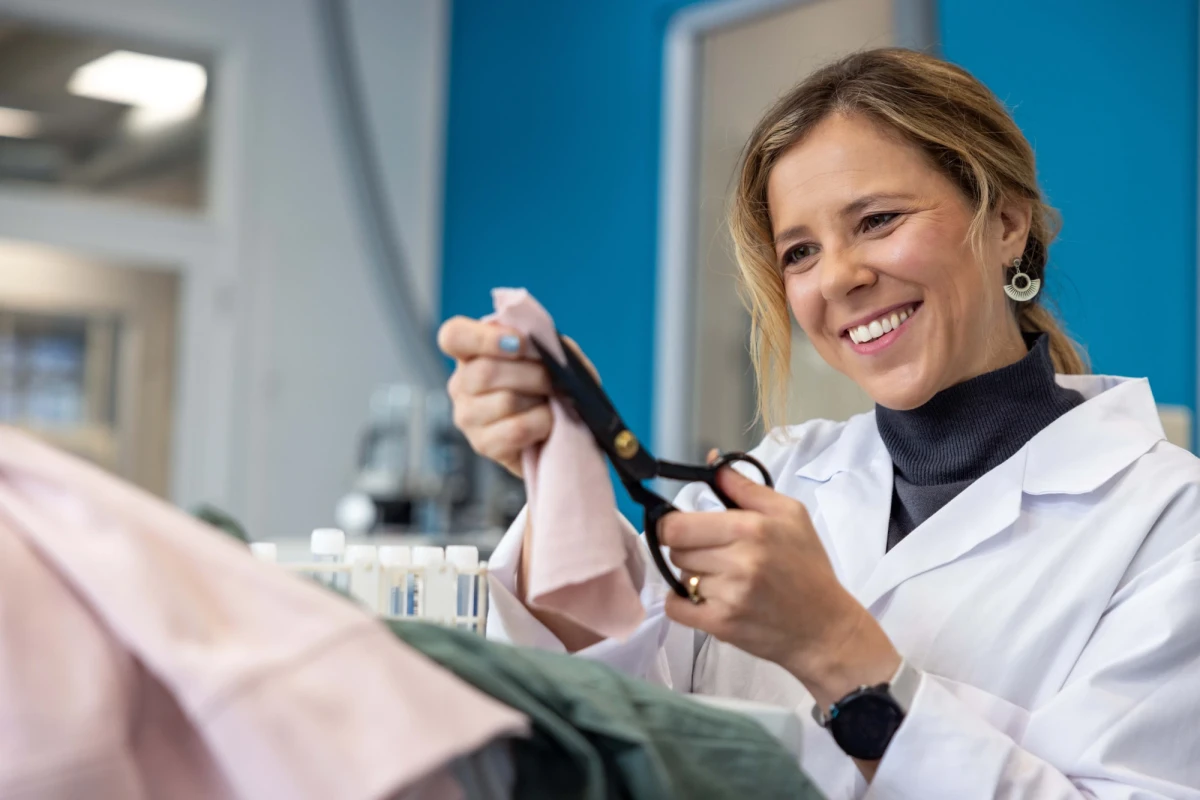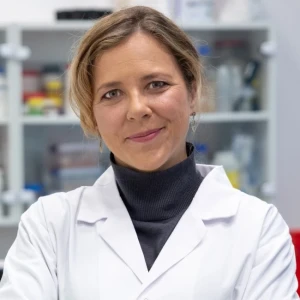Ask Dr. Kate: Top Cotton Traceability Questions Answered
By Dr. Kate Jones | 13 October 2023
minutes to read.

Oritain’s Scientific Advisor, Dr. Kate Jones, addresses some of the most frequently asked questions, shedding light on the crucial processes and ethical implications within the cotton supply chain.
1. How prevalent are fraud and unethical practices in cotton supply chains?
Fraud and unethical practices are much more common in supply chains than you may realize. The complexity and opacity of modern supply chains, coupled with opportunities for raw material substitution and blending, create ample space for fraud, particularly when trying to take advantage of premiumization aspects or improve profitability.
Unethical practices have long plagued the fashion industry, evident through cheap labor costs and razor-thin margins, among other factors. Such actions can go all the way back to the production of raw cotton material. Forced and child labor, for instance, are known issues in some regions during the cultivation and picking processes.
This cotton then finds its way into the global supply chain and, even if the manufacturing processes have been audited and appear to be ethical, the supply chain can still be tainted with forced labor if the raw material is not verified as originating from an acceptable source.
2. What sets Oritain’s forensic isotopic testing apart from other verification methods?
Unlike traditional traceability methods, Oritain’s forensic science tests the product or raw material itself to verify its origin and authenticity. How? Every plant and living thing is influenced by several naturally occurring factors, including altitude, temperature, precipitation, soil composition, and even the bedrock of a region. These factors create a distinctive and unique combination of parameters that serve as an Origin Fingerprint.
The benefit of conducting inherent product testing to verify authenticity in supply chains is that it is entirely independent of paperwork or passive traceability methods like barcodes, QR codes, applied tracers, or blockchain. A product can be collected and tested from the supply chain without having to interrupt production or add extra steps to the process.
3. How resilient is Oritain’s methodology against tampering and fraud?
Because Oritain’s Origin Fingerprint is driven by environmental and climate factors that only Mother Nature can apply, a unique Origin Fingerprint cannot be synthesized or recreated. Oritain investigates and validates the common chemical and manufacturing processes implemented in garment and textile production – including, but not limited to, bleaching, dyeing, sizing, and mercerization. Our approach ensures that the Origin Fingerprint is detectable through each stage of the production cycle, providing assurance of authenticity at each step.
4. Can Oritain’s testing method be used in court?
Absolutely. Oritain’s testing is based on widely published methods in forensic chemistry and incorporates a robust data baseline obtained from primary sources with the highest standard of chain of custody. Thus, our technology can be used as admissible evidence in a court of law.
If you have any more questions about our testing method, please contact us. We would be happy to answer them for you!
Disclaimer: The information provided in this document does not and is not intended to constitute legal advice. Instead, all information presented here is for general informational purposes only. Counsel should be consulted with respect to any particular legal situation.
